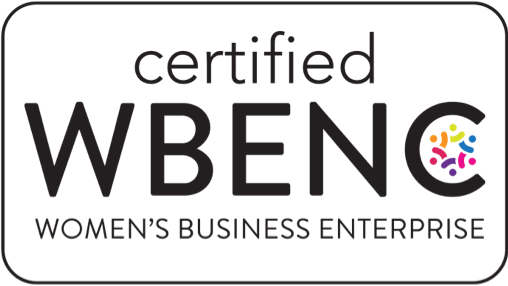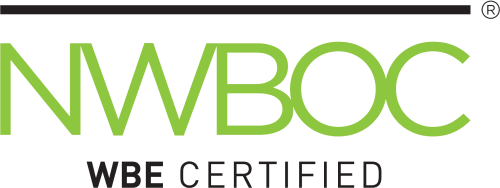Case study: Nonprofit
Reimagining process, technology, and culture

As a national museum’s program operations and presence grew, its leadership sought to prepare for a changing future. Founded as a public entity, its people, politics, processes, and technologies were established using federal processes. As its reach expanded over time, it began to seek the flexibility and benefits of aligning more closely with a private-sector model. Moving toward a private-sector budget structure would give the museum more flexibility to apply new, industry-leading operational practices that would optimize its business practices.
Goal: Assess multiple business process areas with the goal of designing and implementing business process improvement (BPI) initiatives to simplify processes, reduce costs, build staff capacity, and drive institution-wide culture change.
Unconventional consulting—and breakthrough results
Overall, our work had an impact on both organizational and process aspects of the museum’s operations, driving efficiencies, building workforce capacity, and effecting institution-wide culture change in line with its strategic planning efforts.

Halved hiring timeline from an average of 111 days down to an average of 49

Increase in the museum’s internal hiring satisfaction metrics
Our starting point
The museum initially chose Eagle Hill because, apart from our qualifications, its leadership liked that we were smaller, and that we customized our approach to the museum’s unique organization, challenges, and goals.
From the very beginning, we took an unconventional approach to reimagining the museum’s back-end business processes. Eagle Hill conducted extensive interviews, focus groups, and surveys among the museum’s C-level leadership, key stakeholders, and process participants to map current processes, design future-state process models, and identify existing gaps within each area.
Right away, we found:

Many of the museum’s back-end functions and processes were rooted in the organization’s federal origins, with paper-heavy, duplicative operating procedures.

The workplace environment could benefit significantly by transitioning to a model that brought customer service, results, and culture transformation to the fore.
The roadmap to success
After gathering and presenting our initial findings, Eagle Hill’s work ran in concurrent streams. Keys to our success:
- Developing a streamlined, faster hiring process for the museum’s growing staff.
- Defining the timing, roles and responsibilities, performance metrics, and reporting structures for all new functions, and creating tools to guide the implementation of new process changes.
- Setting goals and providing project-management training to museum teams to build staff capacity and transition our work smoothly back to the museum in a short timeframe.
- Designing and delivering communications training to enhance supervisor-staff relationships, including new tactics for having performance conversations and providing in-the-moment feedback.
- Defining and developing staff and leadership core competencies, refining the goal-setting process, and revamping the formal performance appraisal system.
As Eagle Hill’s relationship with the museum deepened, senior leadership asked for our assistance in a separate effort: improving its customer relationship management (CRM) processes. While the core of the internal project was a move to a new CRM technology system, we saw that CRM at the museum would be an entirely new ecosystem of stakeholder engagement.
We evaluated the existing CRM organization against the museum’s priorities and helped define the vision, desired outcomes, and structure needed to launch a new service organization within the museum that would transform its diverse relationships with donors, members, and constituents. Ultimately, the new CRM organization would deepen constituents’ connection with—and investment in—the museum’s aspirations. Eagle Hill’s support facilitated a successful transition to the new CRM shared-services organization and a seamless rollout of the new CRM platform.

